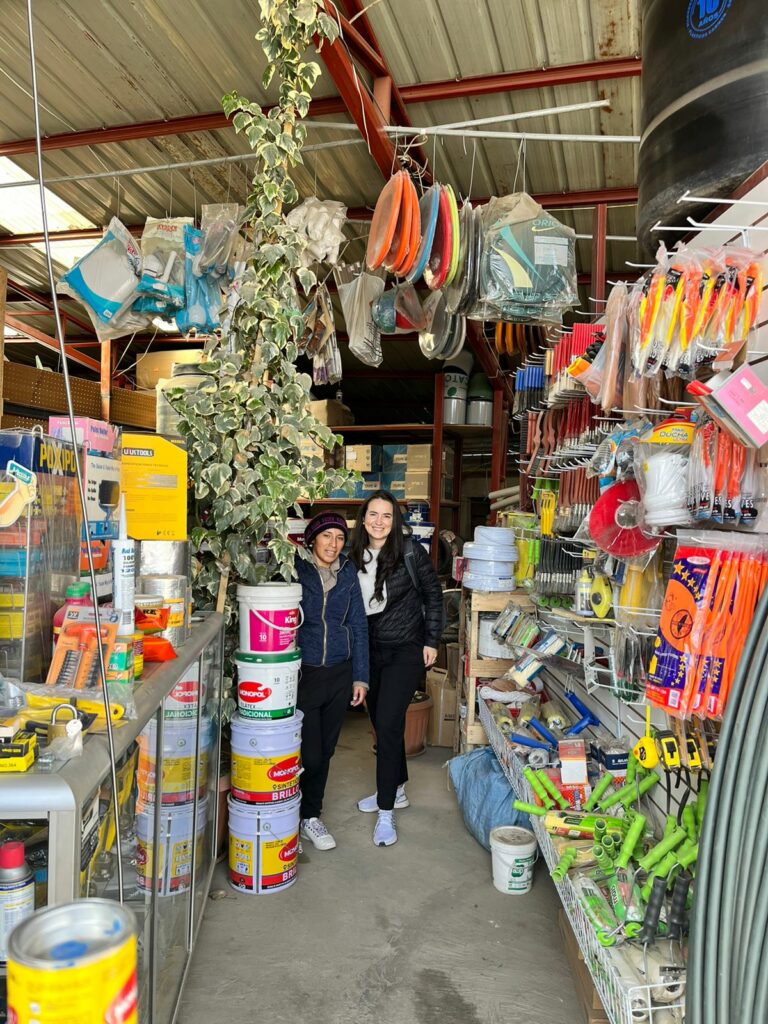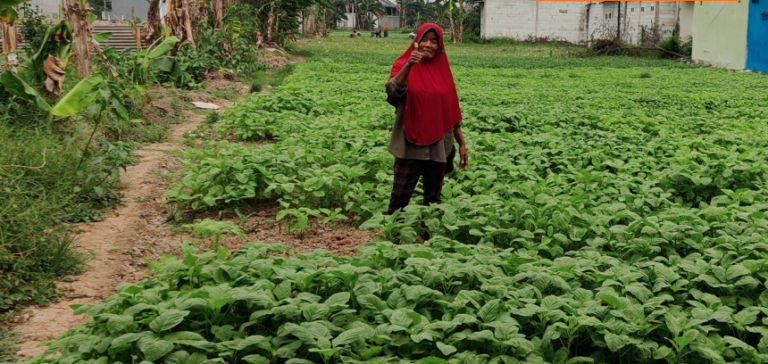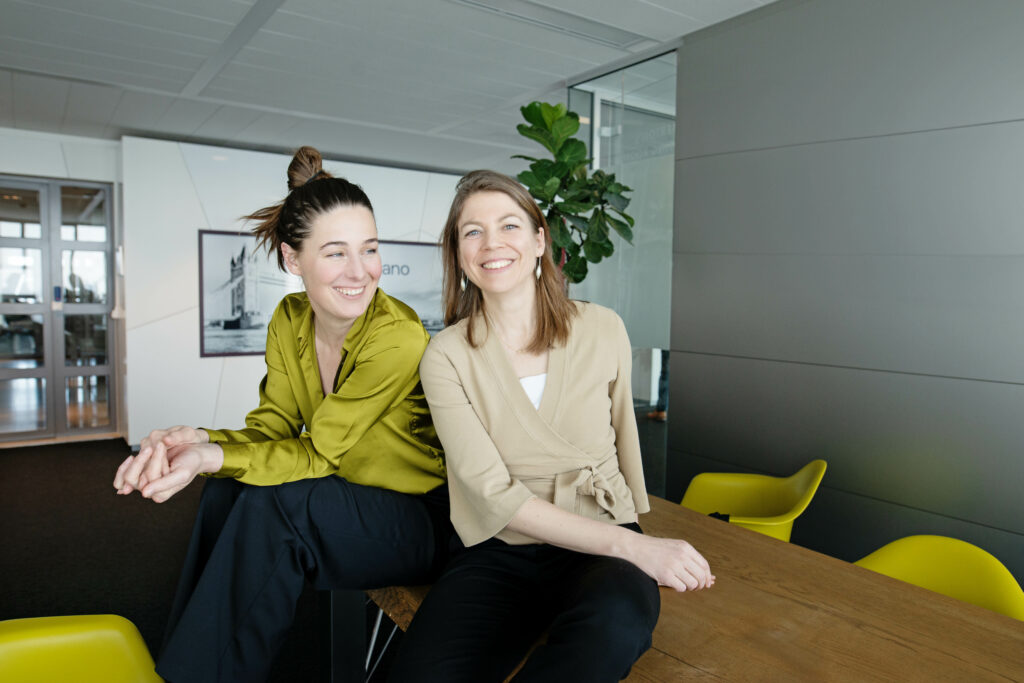Impact Investing can accelerate gender equality worldwide
Financial markets, through impact investing, have a unique opportunity to promote gender equality globally. Increasing financial inclusion for women is an effective strategy towards this goal. However, progress remains limited and institutional investors can provide a much-needed impetus.
This is the essence of a report released by UN Women, the United Nations organisation for women’s rights and gender equality, titled “Empowering Women, Building Sustainable Assets,” which coincidentally emerged on the eve of International Women’s Day 2024. The report highlights the growing demand for impact investment funds related to gender equality and notes that the invested capital in these funds increased annually to USD 56 billion by mid-2023. Nevertheless, progress in achieving gender equality remains slow, primarily due to a chronic lack of funding, according to the report. For instance, only 17.2% of all impact funds specifically target gender equality, and the total invested capital is far below that of funds targeting other Sustainable Development Goals, such as energy transition.
Financial inclusion of women contributes to their independence and gives them much more control over their income and expenditures. For example, they can invest in their families and ensure their children receive education. Economic dependence on men often leads to significant uncertainty and a negative self-image because they are not allowed to make decisions themselves,” they state. To better collaborate with women in developing countries, Cardano has partnered with CARE Netherlands (NGO). One aspect of this partnership involves providing business training to women for establishing and managing small-scale enterprises.
Tailoring services to women
Investing more in financial inclusion is a way to contribute to gender equality. Women are often excluded by the formal financial sector in emerging markets and developing countries for various reasons. To address this, financial institutions are needed to consciously offer services specifically tailored to women. “However, this alone is not enough to narrow the gender gap. For example, in certain cultures, women are disadvantaged in inheritance laws, which follow the male line, leaving women without collateral for loans and thus favouring men. Additionally, women often have lower levels of education and literacy, leading them to work primarily in the informal sector. Due to a lack of financial literacy, it is challenging for them to develop a business plan. They also often bear full responsibility for childcare. These interconnected factors hinder financial inclusion of women,” they explain.
Pension funds in the driving seat
To ultimately contribute to narrowing the gender gap through financial inclusion, the UN Women report calls for collective action from all stakeholders to promote funding for this purpose. Groenewald and Giezeman argue that the impact sector needs to gain more attention from institutional investors such as pension funds. “While impact investing is increasingly on the agenda of boards, participants, and society, pension funds primarily focus on investing in renewable energy at the moment. With their substantial assets, they are in the driving seat as societal awareness grows. There are still significant differences among them, but progress seems to be slowly underway. For instance, the Netherlands Advisory Board on Impact Investing (NAB) aims for 10% of assets to go towards impact investing. This foundation seeks to accelerate growth and increase the effectiveness of the impact investing market, encouraging citizens to urge their pension funds to also strive for that 10%,” they suggest.
We observe that women are gaining increasing access to loans, often in the form of microcredit. This contributes to narrowing the gender gap, which is crucial.
Kenya
In Kenya, ASA serves as an example of a for-profit microfinance institution providing small loans mainly to female entrepreneurs. Additionally, the company conducts community programs in health, education, and the environment. One of its clients is Evelyn (52) in Kiambu County. She started a poultry business with twenty chickens in her backyard in 2018. With the help of a small loan, she built a chicken coop and invested in feed and antibiotics. Her business grew to 300 chickens, and now she received a second loan to acquire another 400 chicks. She aims to expand to 3,000 animals by the end of 2024 and sells eggs to the hotel sector in the region. With the additional income, Evelyn is saving for the future.

Guatemala
In Guatemala, Genesis Empresarial is an example of a company that, with a loan of USD 2.5 million, finances small and medium-sized rural enterprises to increase their productivity. The company provides training to thousands of borrowers in nutrition, women’s empowerment, financial literacy, and debt management. The training is integrated into the lending program and is primarily provided to indigenous women through village banking.

Indonesia
In Indonesia, Bina Artha provides loans to rural women. Nursinah in West Java received a USD 200 loan to expand her spinach farming business after being denied a loan from banks due to inability to meet collateral requirements. Thanks to the increased spinach cultivation, she can afford her children’s education and feels more independent.




